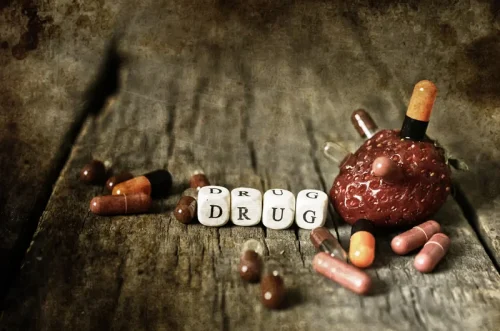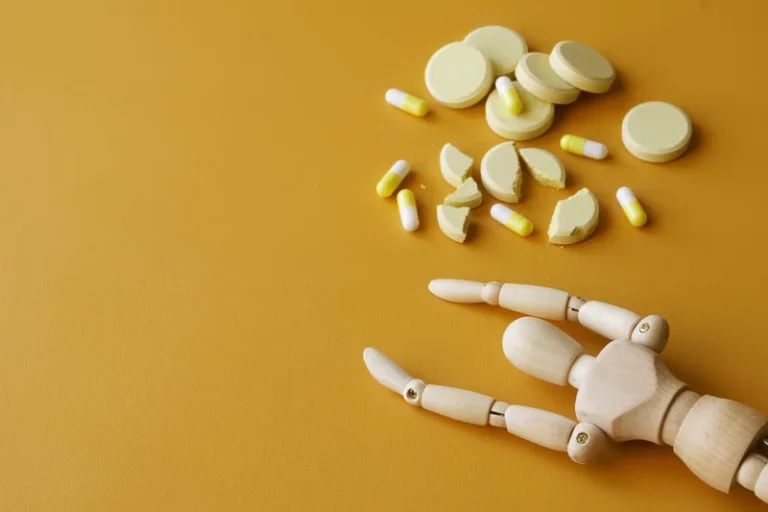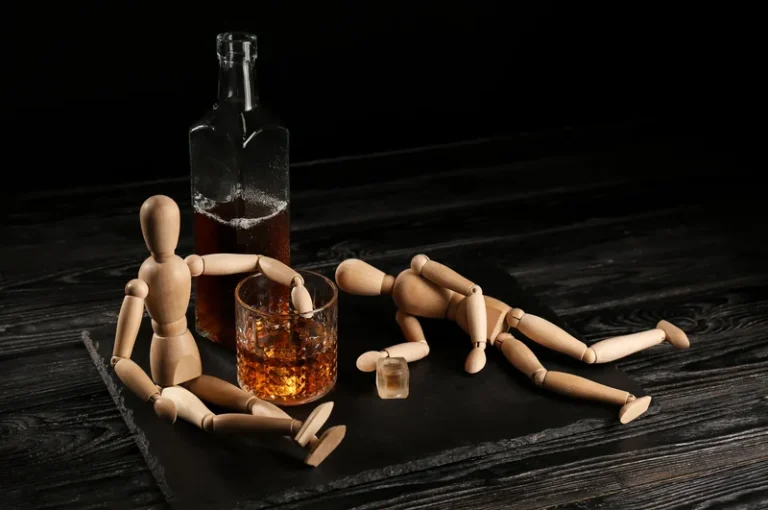
It’s important to address the root cause of dipsophobia when seeking treatment options. Therapy and medication can help manage symptoms, but understanding the underlying factors is key to overcoming this fear. The fear of alcohol can profoundly impact individuals, fostering feelings of anxiety and isolation in social scenarios where drinking is common. Dipsophobia is an anxiety disorder characterized by an excessive and irrational fear of consuming alcohol or being in the presence of alcohol.

Alcoholism and Stigma: Breaking Down the Stereotypes
- Such a lack of introspection is likely a large part of why someone with this condition will suffer to the extent that they will.
- There is, however, a severe and lesser-known concern called methyphobia, which may be the reason.
- Mindfulness, in the context of DBT, involves paying non-judgmental attention to the present moment, observing thoughts, feelings, and bodily sensations without attachment or reactivity.
- Low levels of serotonin mean that you sleep poorly, have mood swings, and have trouble remembering things.
If you or someone you know exhibits symptoms of dipsophobia, it’s essential not to brush them off as mere quirks or preferences. We offer all prospective clients a Free initial consultation to discuss your mental health problems prior to commencing any treatment plans. Those affected may grapple with intense worry about losing control or facing judgement from others, which can lead to the avoidance of social gatherings or celebrations that may involve alcohol. Get the help you deserve & try online therapy through the world's largest mental health platform - BetterHelp. Talk to your doctor or therapist to see if MBSR can help you to reduce the intensity of your symptoms of dipsophobia, as well as where to find MBSR programs in your area. There are many different forms of meditation that exists which can be very advantageous for someone suffering from dipsophobia.
Therapy for the Fear of Alcohol
Seeking professional treatment for an alcohol use disorder and anxiety can help you regain control of your life. Call American Addiction Centers (AAC) at , and speak to one of our compassionate and knowledgeable admissions navigators, who can answer your questions and explain your options. Therapists who are experienced in CBT and DBT can provide personalised strategies to aid recovery. Additionally, online support groups can offer a great way to learn coping mechanisms together Sober living house while feeling less isolated during the recovery process. DBT focuses on emotional regulation using mindfulness meditation techniques. By cultivating non-judgmental awareness of your thoughts and feelings, you can gain greater control over your emotions.
Intense Anxiety Around Alcohol

The uncertainty surrounding these actions can lead to anxiety about potential negative consequences or embarrassment. Waking up with no memory of certain events or actions can be unsettling and create a sense of unease. Not knowing what occurred during the blackout period can be anxiety-inducing, even leading to alcohol paranoia. Please seek help if you’re finding you’re experiencing this or if alcohol blackouts are becoming more frequent. Methyphobia, the fear of alcohol, can significantly impact an individual’s life, leading to avoidance of social situations and feelings of isolation. Therapists start with less threatening situations, like showing pictures of alcoholic beverages or visiting places where alcohol is sold.

Some may even look at https://ecosoberhouse.com/ the person suffering and conclude that it is a healthy condition. People who suffer from fear of alcohol are afraid of alcohol and its effects; however, the disorder should be treated as aggressively as other phobias. Dipsophobia is called the fear of drinking alcohol, but the actual fear experienced can have many aspects. A person may be afraid of the drink, its effect on the body, or the consequences of drinking.
So how do you best avoid experiencing alcohol anxiety?
- It may stem from personal experiences, such as witnessing alcohol-related problems or traumatic events.
- A night of drinking can bring up feelings of anxiety or jitteriness, even if you’re not diagnosed with an anxiety disorder.
- This makes sense when we look closely at how caffeine affects our body’s physiology.
- This could be another cause of the fear of alcohol and has led researchers to believe that methyphobia is related to and has many of the same characteristics as post traumatic stress disorder (PTSD).
- This fear can be related to the fear of the effects of beer or negative associations with beer consumption.
We will explore various therapeutic interventions for managing dipsophobia such as Cognitive Behavioral Therapy (CBT) and fear of alcohol mindfulness meditation techniques. These physical symptoms are often a result of the heightened anxiety and distress experienced by individuals with dipsophobia. Such drugs can be extremely useful for people suffering from severe dipsophobia due to the fact that people with phobias often experience panic attacks as well. Some common anti-anxiety medications include Xanax, Valium, and Klonopin, among many others. Though having feelings of disgust when thinking back at such experiences, there would have to be some sort of dramatic change that occurred in their brain for them to truly develop dipsophobia.

Serotonin is a feel-good brain chemical that when in short supply can cause feelings of anxiety and depression. You might even experience self-loathing after drinking, worrying about what you said or did or how much money you spent. Insight into the fear of alcohol shows that it becomes a significant problem when the person begins to suffer debilitating consequences related to the fear. Methyphobia is often met with disbelief in the lay community and sometimes in the professional psychological field as well. Many people do not recognize the debilitating nature of the condition because there are so many negative consequences related to the abuse of alcohol in society.
- Engage in regular exercise, maintain a balanced diet, and ensure you get adequate sleep.
- This pervasive anxiety can also manifest in physical symptoms such as sweating, panic attacks, and a deep sense of helplessness, creating a cycle of fear that reinforces their avoidance behaviours.
- To implement mindfulness meditation to help relieve one’s symptoms of dipsophobia, you can do so by paying close attention to the way the muscles in your abdomen and chest contract and relax with every inhale and exhale.
Through guided hypnosis, you can explore memories and experiences related to your phobia and reframe them to produce more positive responses. Please note that while a healthy diet can support overall well-being, it is not a standalone treatment for phobias. It is important to seek professional help and follow appropriate therapy for overcoming Methyphobia.

